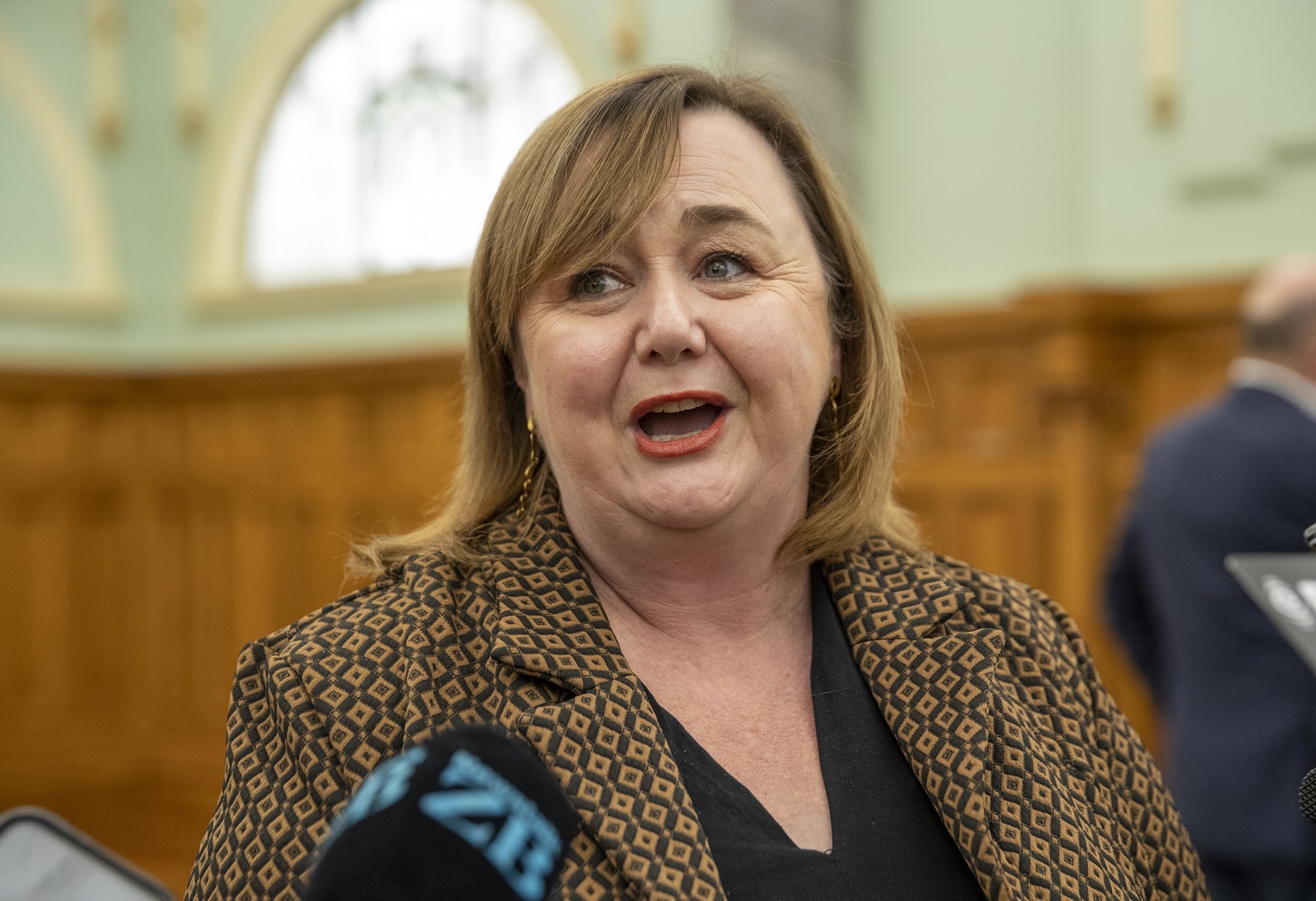
The $4 billion proposal to create a massive lake to store water for hydroelectricity production at Lake Onslow, east of Roxburgh, is one option being investigated as part of the New Zealand Battery Project.
Dr Woods said the battery project was an ongoing investigation and no decisions had been made, but a pumped hydro scheme such as the one being investigated for Lake Onslow could benefit all New Zealanders by putting "downward pressure" on electricity prices.
"It could do this in two ways," she said.
"Firstly, it should reduce the premium that electricity retailers factor into their prices to cover the risk of high spot prices in dry years.
"Secondly, it could act to provide incentives to invest more in cheaper renewable generation, such as wind and solar, by providing demand when electricity is plentiful.
"As the ‘battery’ solution starts operating and expensive fossil-powered generation is wound down, we should expect to see these changes in prices."
The New Zealand Battery Project is aimed at finding a solution to New Zealand’s "dry year problem".
The problem is that present hydro-power catchments do not always receive enough rainfall or snowmelt, and storage lakes can and do run low.
When this happens, the coal-burning Huntly Power Station is required as a back-up.
A pumped hydro scheme such as the one proposed for Lake Onslow would use electricity to pump water uphill into a massive man-made storage lake, which could then support the South Island’s other hydro-electric lakes during dry years.
Dr Woods said there was potential for Lake Onslow to have a role in the electricity market beyond its primary dry year role, but this would be investigated in the next phase of the battery project if Cabinet decided to move ahead with the option.
University of Waikato school of science associate professor Earl Bardsley, who came up with the Lake Onslow idea, said it was important to understand Lake Onslow would not just sit there waiting for somebody to declare a dry year.
"It will operate in the same way all the time, buying electricity just as soon as prices are low and selling electricity just as soon as prices are high.
"That automatically takes care of extended periods of either high or low inflows into the hydro lakes, as well as short term fluctuations."
When Contact Energy chairman Rob McDonald earlier this month appeared dismissive of the idea, and said the proposed $4 billion price tag was a vast understatement of the true costs, Prof Bardsley said electricity generator-retailer companies were generally wary of the plan.
Yesterday, he said the generator-retailers were understandably concerned about a lack of clarity to date on whether Lake Onslow could be used as a kind of a price-fixing mechanism, by way of the government envisaging a "desirable electricity price".
"Ideally Onslow, if constructed, should be set up as just another big player in the electricity market, but entirely independent from the existing players and perhaps 51% government owned.
"If Onslow proceeds to ‘phase 2’ investigation, it would be good if some clarification was made then as to who would operate the scheme and how it would be operated in the market."
The Government’s phase 1 feasibility study is expected to be completed by the end of this year or early next year.












